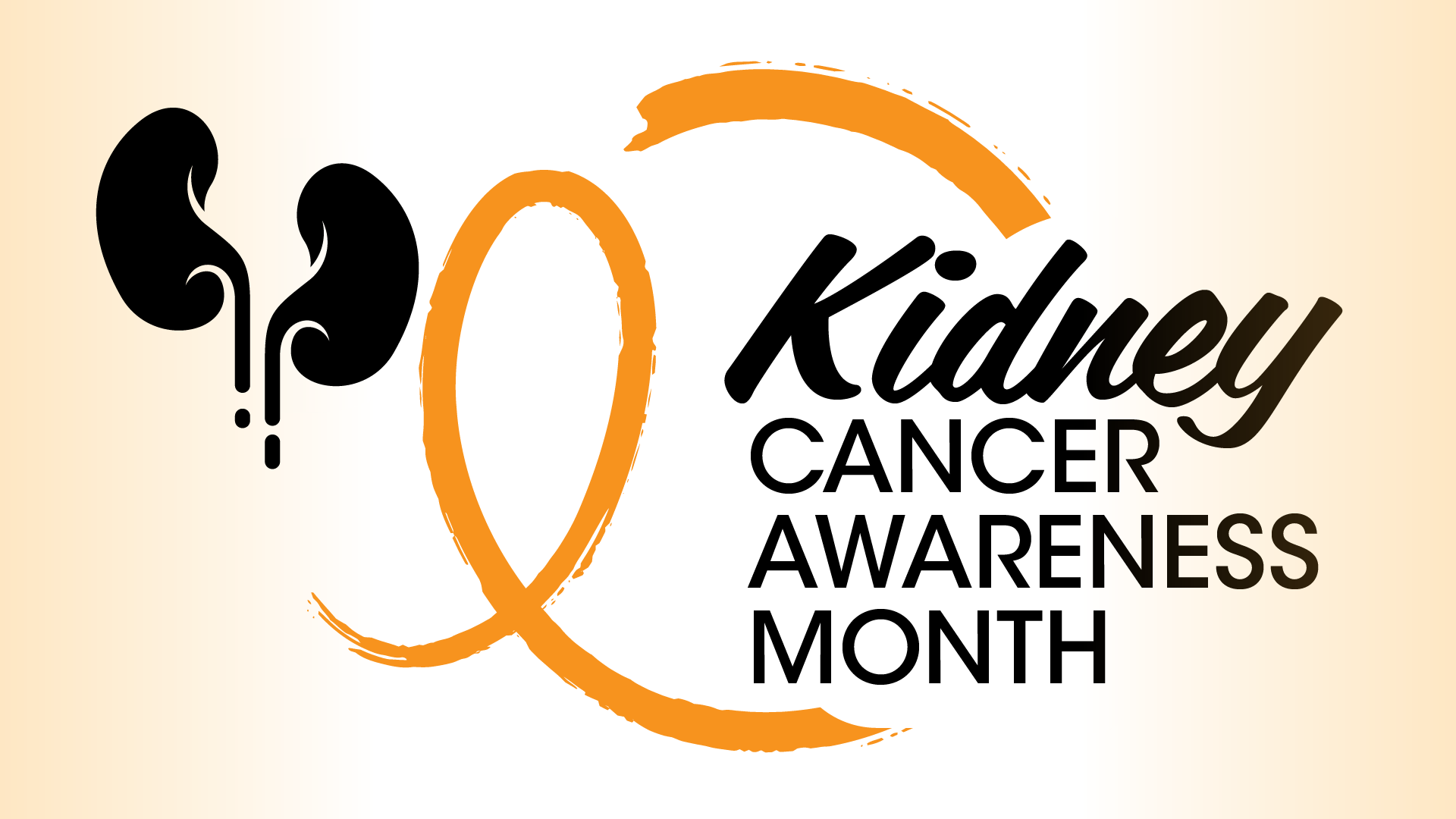
Expert Discusses ‘Impactful’ Guidelines for Integrative Kidney Cancer Care

An expert from University Hospitals highlights different guidelines penned by oncology organizations informing the integrative management of symptoms including anxiety and depression in patients with kidney cancer.
Guidelines from the Society for Integrative Oncology (SIO) and American Society for Clinical Oncology (ASCO) have been “impactful,” citing evidence supporting the use of integrative oncology for managing symptoms including cognitive dysfunction, depression, and fatigue in patients with kidney cancer, according to Santosh Rao, MD.
Rao, medical director of integrative oncology for University Hospitals Connor Whole Health and president-elect for the SIO, spoke with CancerNetwork® during
Transcript:
The [SIO] is a really broad group that includes medical oncologists, radiation oncologists, surgeons, [and more]. We have a large group of yoga therapists, acupuncturists, nurses, [and more]. We also have a lot of patient advocates. It’s a broad group where we have voices from different perspectives.
Some of the more useful things we’ve done [include] an annual conference that helps inform our members on the different things that we offer. We have also created guidelines that have been really impactful. There are a variety of guidelines, and one of the more recent ones is around pain management. This was a guideline that was collaborative between the [SIO], and [ASCO].
It was very impactful and really outlined where we are in terms of evidence right now with different modalities in managing pain. We have a new guideline that’s coming out soon [that focuses on] anxiety and depression. Like a lot of other types of patients with cancer, those with kidney cancer often have anxiety, depression, and pain.
Other guidelines that are informative and that we take a lot of pride in is the National Comprehensive Cancer Network [NCCN] guidelines. If you look at the NCCN guidelines, whether it’s for survivorship; pain; and different symptoms like cognitive dysfunction, anxiety, depression, and fatigue; there are integrative modalities that are represented there and are now really considered standard of care. That impacts our patients [with kidney cancer], as well.
The Society for Integrative Oncology is an international society, so engaging with things that are done in other countries and strategies when it comes to complementary therapies and lifestyles have been informative, as well. We also do a lot of communication, and we have a podcast.
Newsletter
Stay up to date on recent advances in the multidisciplinary approach to cancer.





































